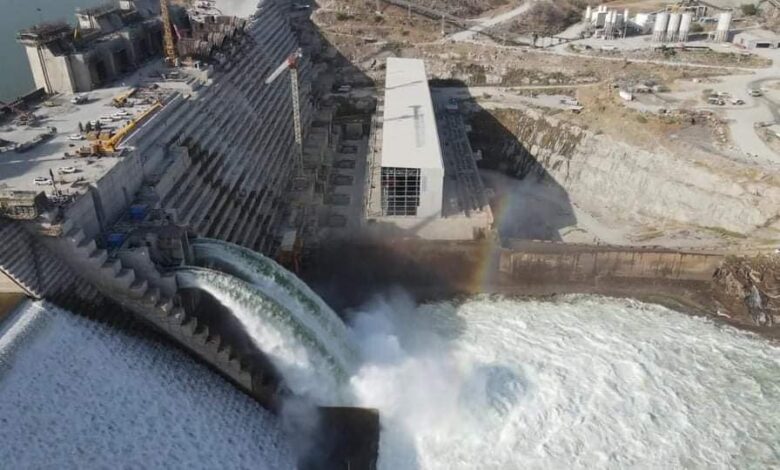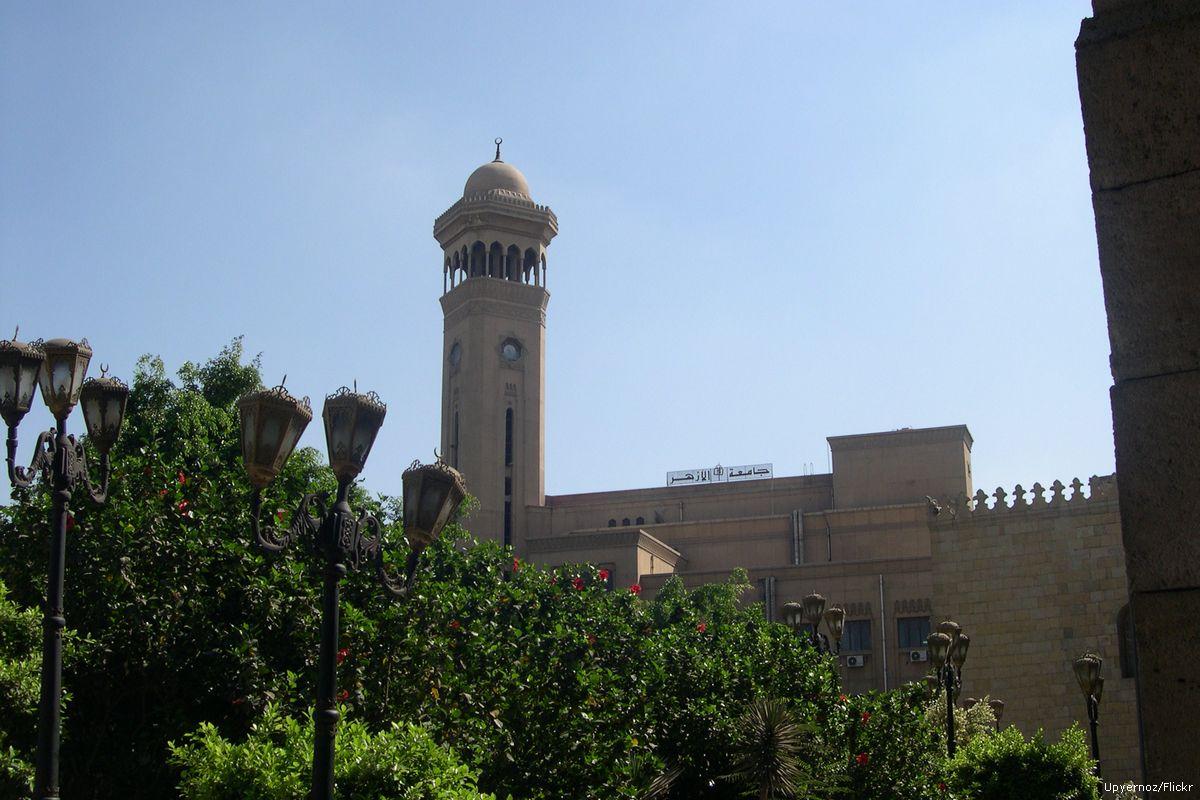
Professor of Geology and Water Resources at the Cairo University Abbas Sharaky said on Saturday that Ethiopia withholds the equivalent to 45 percent of Egypt’s water share, explaining the reason for the lack of Nile flooding this year.
In remarks to al-Hadath al-Youm channel, Sharaky said that 85 percent of the Nile water comes from Ethiopia and 15 percent from Lake Victoria.
He explained that Ethiopia is withholding 25 billion cubic meters of water, and that part of it will come to Egypt in the coming months, as long as the two discharge gates are open.
Sharaky said that the lack of flooding this year was because the Grand Ethiopian Renaissance Dam (GERD) has withheld water from July until now, and it is expected to continue in the fourth filling until September.
He noted that August 15, when Egypt celebrates the “Flooding of the Nile” feast every year, came without flooding due to water retention.
As water comes out daily from the High Dam, Egypt’s feasts remain secure, he explained.
The head of the Irrigation Department at the Egyptian Ministry of Water Resources, Mohamed Saleh, said in a previous statement that the country’s share of the Nile waters has not yet been affected by the GERD thanks to the high dam, however he expressed cautious optimism about the GERD negotiations.
Stagnant talks
Egypt and Sudan say they want a legally binding agreement on operating the dam, while Ethiopia says any pact should be advisory.
Both countries consider the dam a threat to their vital water supplies, while Ethiopia considers it essential for development and doubling its electricity production.
The downstream nations fear possible blows to water facilities, agricultural land, and overall availability of Nile water.
Negotiations over the dam between Egypt, Ethiopia, and Sudan have stalled for years, with the three parties ultimately failing to reach any agreements.
The disputed dam is the largest hydroelectric project in Africa, with a cost of more than four billion dollars.




